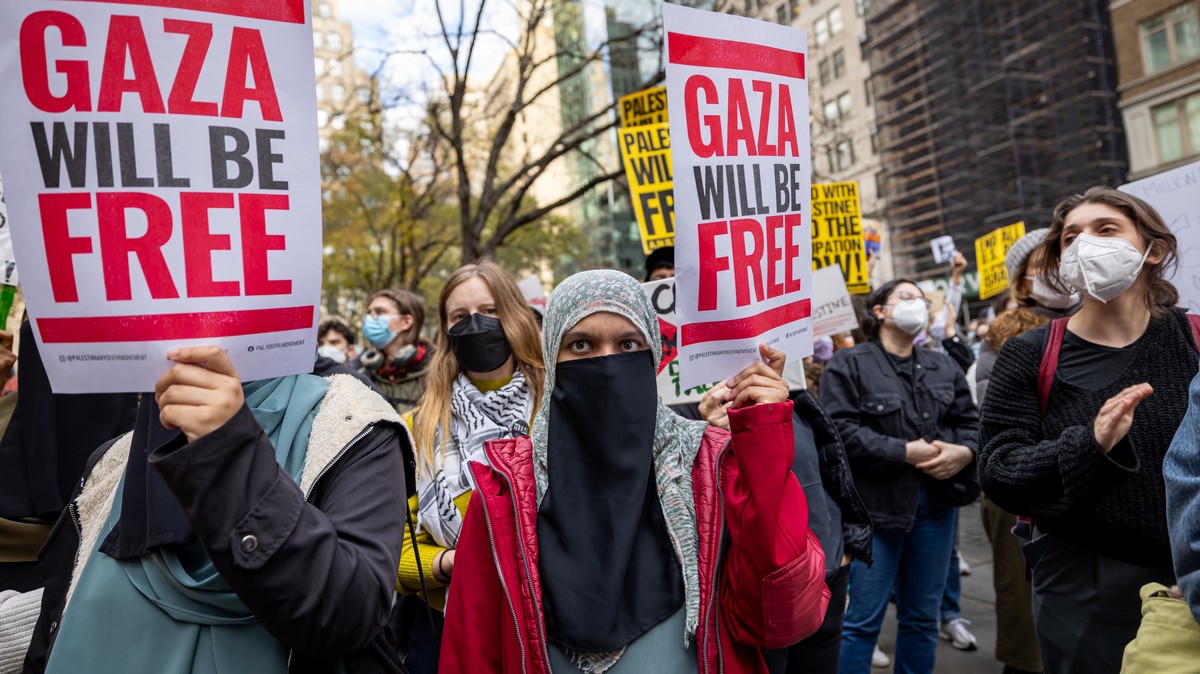Best platform fr.
TikTok has come under GOP fire in recent weeks after the app showed an apparent spike in pro-Palestine content after the IDF began its bombing campaign of Gaza following Hamas’s Oct. 7 attack. Republican politicians have publicly claimed that the company is intentionally promoting pro-Palestine content with the goal of “brainwashing our [American] youth” into supporting Hamas. In an essay penned for the Free Press, Representative Mike Gallagher of Wisconsin wrote that TikTok was “controlled by America’s foremost adversary, one that does not share our interests or our values: the Chinese Communist Party (CCP),” and that the “rampant pro-Hamas propaganda on the app should serve as a wake-up call to Americans” to ban it. Gallagher wrote that promoting “pro-Hamas” content is something the CCP would do, because two Chinese web platforms that have mapping capabilities do not label Israel on their maps, and that this form of censorship should come as “no surprise.”
But the proliferation of pro-Palestine content on TikTok isn’t due to the app’s algorithm, the company stated in a press release on Monday. Rather, it claimed that teenagers simply tend to support Palestine more. “Attitudes among young people skewed toward Palestine long before TikTok existed,” the release stated. “Support for Israel (as compared to sympathy for Palestine) has been lower among younger Americans for some time. This is evidenced by looking at Gallup polling data of millennials dating as far back as 2010, long before TikTok even existed.” The data linked by the release states that sympathy toward Israel is “solidly positive” among older generations, but that millennials were “evenly divided,” with 42 percent sympathizing more with Palestine and 40 percent sympathizing more with Israel.
The company wrote in the release that its algorithm does not “take sides,” but operates in a positive feedback loop—the more of a certain type of content a user interacts with, the more of that type of content they will be shown. “TikTok does not ‘promote’ one side of an issue over another,” the release read. “In the U.S., we have given our third-party Trusted Technology Provider access to TikTok source code to understand if the system is acting as TikTok intends…On TikTok, the videos people view, like, and share inform the recommendation algorithm about content they might find relevant. Using these signals, the recommendation algorithm creates a prediction score to rank videos to potentially recommend.” The effective thrust of TikTok’s blog post, then, is that young people are seeing more pro-Palestine content on the app because that’s what they’re engaging with.
The post also denied allegations that the company was intentionally boosting pro-Palestine hashtags to get more views. “Blunt comparisons of hashtags is severely flawed and misrepresentative of the activity on TikTok,” the release stated. “Hashtags on the platform are created and added to videos by content creators, not TikTok. Millions of people in regions such as the Middle East and South East Asia account for a significant proportion of views on hashtags. Therefore, there’s more content with #freepalestine and #standwithpalestine and more overall views. It is easy to cherry pick hashtags to support a false narrative about the platform.”
The release also noted that simply counting the number of videos associated with a hashtag was not “sufficient context” for understanding the platform. Though the #standwithIsrael tag is associated with fewer videos than #freePalestine, the release said, it has 68 percent more views per video in the U.S. Additionally, the release states, the #freePalestine tag is much older than #standwithIsrael. “Some hashtags are newer (e.g. #standwithIsrael) while others are more established (e.g. #freePalestine),” the release stated. “The vast majority (9 in 10) of videos tagged #standwithIsrael were posted in the last 30 days in the US. A difference in views and posts is expected.”
At time of writing, the #freepalestine tag has 25.5 billion views, and #standwithisrael has 440.4 million views.



I mean, what are you basing that on? I think a lot of people have heard about Palestine being brutalized, because Palestine's been in the news repeatedly as hte victim leading up to this. In particular, that pretty Christian white lady the IDF murdered got a ton of attention because of obvious reasons, she was a reporter and that's liked baiting even the MSM to cover her death when htey don't give a shit about random Palestinians dying. It may be that a lot of pro-Palestine people aren't terminally online leftists who can immediately articulate the exact history of hte conflict, but my bet is that most people became sympathetic before the attacks and the outright genocide has forced them to overtly take a side in the matter.
Pro-Palestinian young people. I'm a teenager (19). The large majority of young people don't watch MSM and get their news from social media. On tiktok in October, there were comment sections FULL of stuff along the lines of "wow, I had no idea about this situation until recently." I mean, a couple of my friends supported Palestine in the past, but I think quite a lot of people were pretty oblivious before